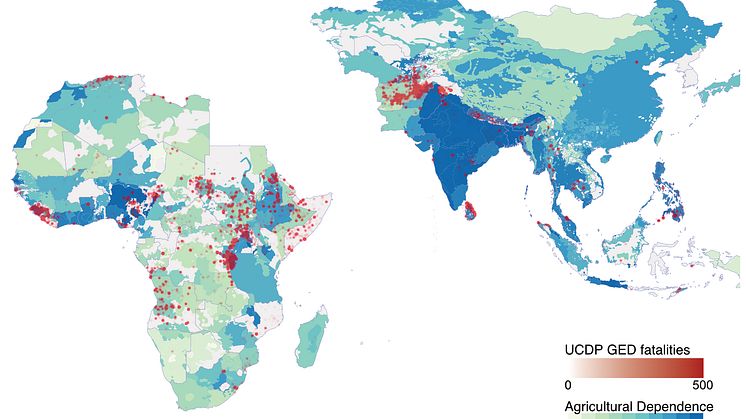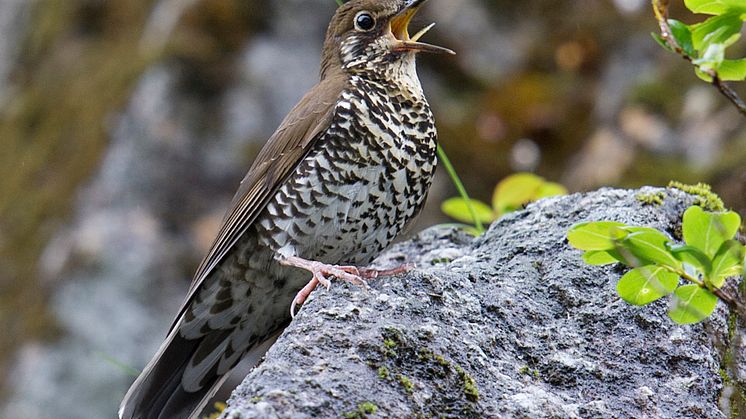Genes affect when we have children and family size
12 specific areas of the DNA sequence are robustly related with the age at which we have our first child, and how many children we'll have during our life. That's the conclusion of a paper published in Nature Genetics today. The study is led by the University of Oxford, University of Groningen, and Uppsala University. It includes analysisis for almost 330,000 people.


